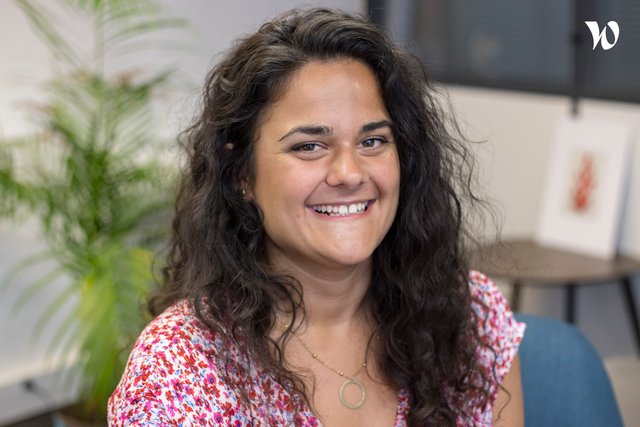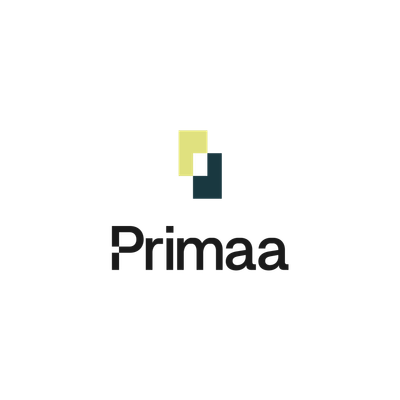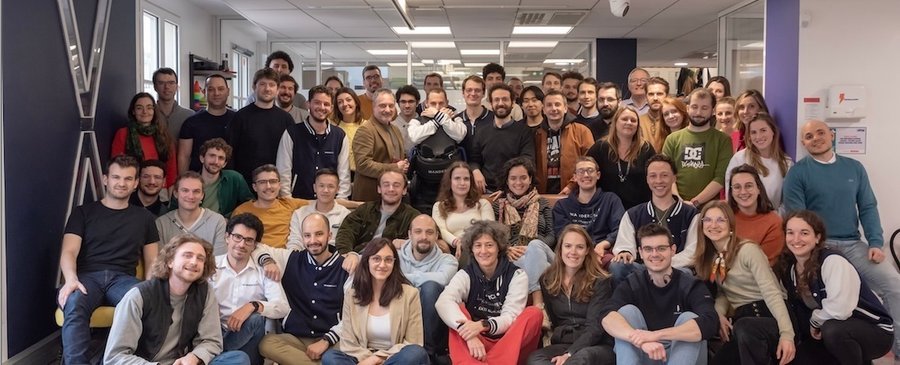Internship - Semi-Supervised Learning in Medical Imaging
Le poste
Descriptif du poste
An accurate diagnosis of cancer requires a histological examination, during which histopathologists analyze tissue samples at microscopic level. They aim not only at detecting cancer but also characterizing it. Cells’ size and shape, biomarkers, along with other elements are studied and contribute to defining the cancer type and grade. From this diagnosis, oncologists will decide on a treatment.
Fig. 1 depicts the type of data we are working on. Fig 1.a. shows a digitized tissue sample, called a “slide”. Defining the region of the slide that contains the lesion is the primary task of its analysis. Fig. 1. b. displays the segmented lesion regions of the tissue. Other tasks entail counting cells, nuclei or other objects.
Semi-supervised learning is a field exploring learning with incomplete labels. It is often the case for annotations in histopathology to be incomplete, especially when annotating at cellular level, or annotating lesions on slides with numerous tissue samples.
At Primaa we already have a few annotated datasets which are known to contain incomplete labels. During this internship, we will work with nuclei detection, mitosis detection and lesion classification datasets
The internship will have several objectives:
Perform an extensive literature review of the semi supervised learning techniques usually used in several fields
Select relevant approaches for histology and more specifically the applications at hand
Benchmark these techniques against fully supervised techniques on several datasets already annotated with incomplete labels, including nuclei detection, mitosis detection and lesion classification datasets.
Profil recherché
Applied mathematics student.
Six months Masters thesis/M2 internship (start between March and May 2024.)
Knowledge in python.
Knowledge in computer vision (image processing, deep learning) : tensorflow and/or pytorch, scikit-image ….
Déroulement des entretiens
Un entretien en visio avec deux personnes de l’équipe Data Science.
Envie d’en savoir plus ?

Rencontrez Louis, Data Scientist

Rencontrez Clara, Data Scientist
D’autres offres vous correspondent !
Ces entreprises recrutent aussi au poste de “Données/Business Intelligence”.






